Causes of Throat Allergy & How to Treat at Home?
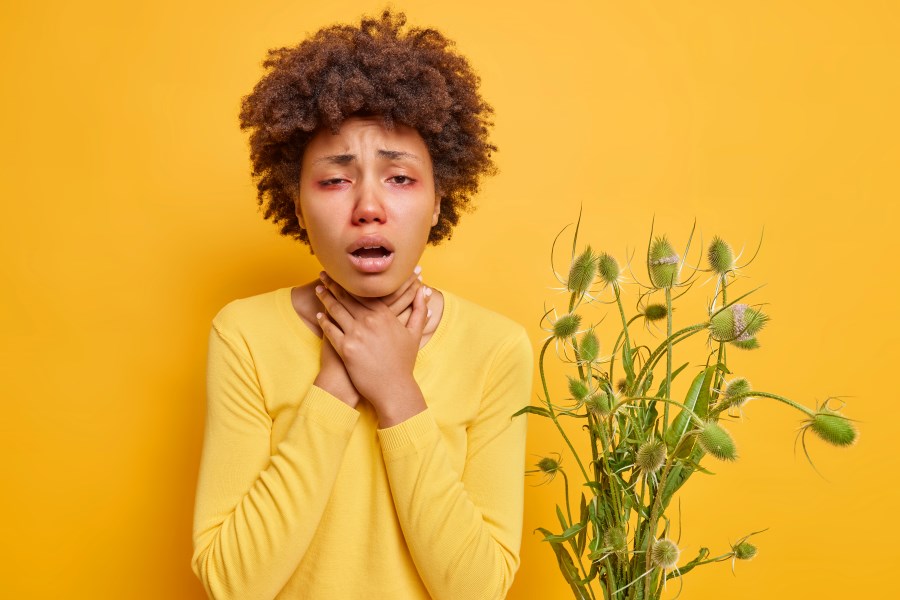
Have you had a sore throat for a week or two? Often, there is a concern about what has been done to cure it, only to find the same condition returned. Have you tried various remedies and yet failed to treat it completely? It can be a throat allergy or a simple cold and flu; you never know.
Allergies are very annoying, specifically those involving ears, nose, and throat. They can cause a range of discomforts that impact your daily life. Itchy throat, runny nose, and frequent headaches are the most common symptoms of throat allergies.
Distinguishing allergies is an essential step in successfully treating them. Read the article to find answers to your sore throat.

Table of Contents

What is a Throat Allergy?
A sore or itchy throat is the basic symptom of a throat allergy. It is caused when an antibody fights to fend off foreign substances like bacteria, viruses, etc., that threaten your body. The most common allergic reactions are caused by the antibody immunoglobulin (IgE).
The reaction of IgE antibodies results in inflammation that causes an itchy throat. Furthermore, various environmental substances, such as food materials, certain medicines, animal bites, etc., are also susceptible to allergic reactions.
Types of Throat Allergies
Throat issues can arise from bacterial and viral infections, each causing distinct symptoms and requiring different treatments. Here are ten different types of throat allergies:
1. Bacterial
Streptococcal Pharyngitis (Strep Throat)
Streptococcal Pharyngitis or strep throat is a Group A Streptococcus bacterial infection characterized by intense throat inflammation, fever, and swollen tonsils, which may accompany white spots.
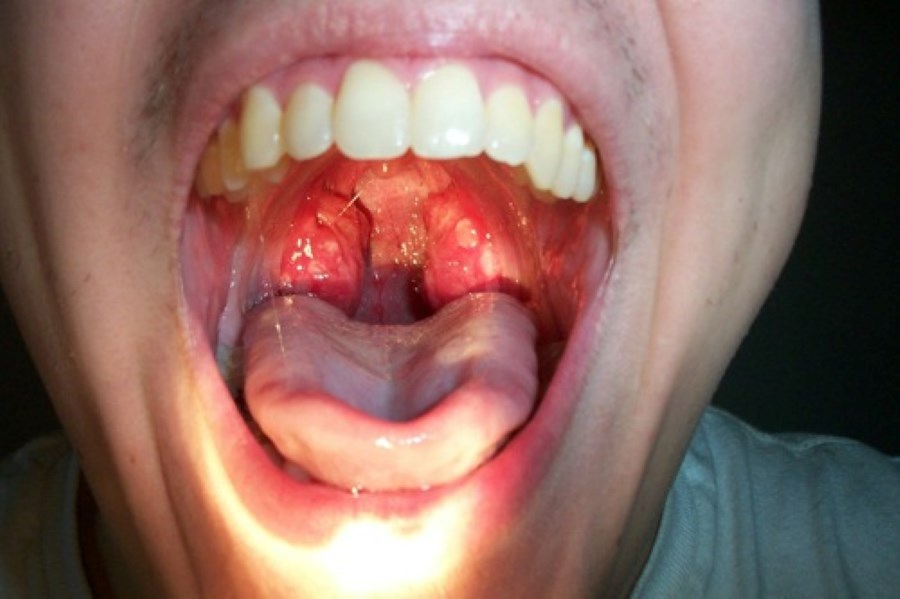
- Tonsillitis
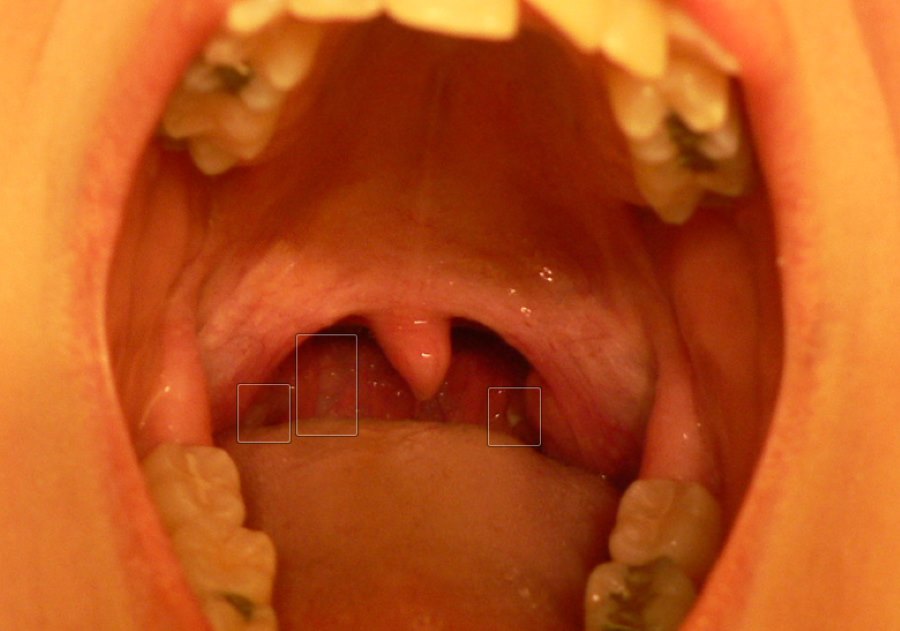
- Diphtheria
This is a severe bacterial infection of the throat caused by Corynebacterium diphtheriae, associated with a grey membrane in the throat and tonsils, fever, and difficulty swallowing. Immunization is the best prevention measure.

Peritonsillar Abscess
This is a complication of tonsillitis in which pus collects around the tonsils. It is caused by bacterial infections and results in severe throat pain, fever, and difficulty swallowing. It usually requires surgery and antibiotics.
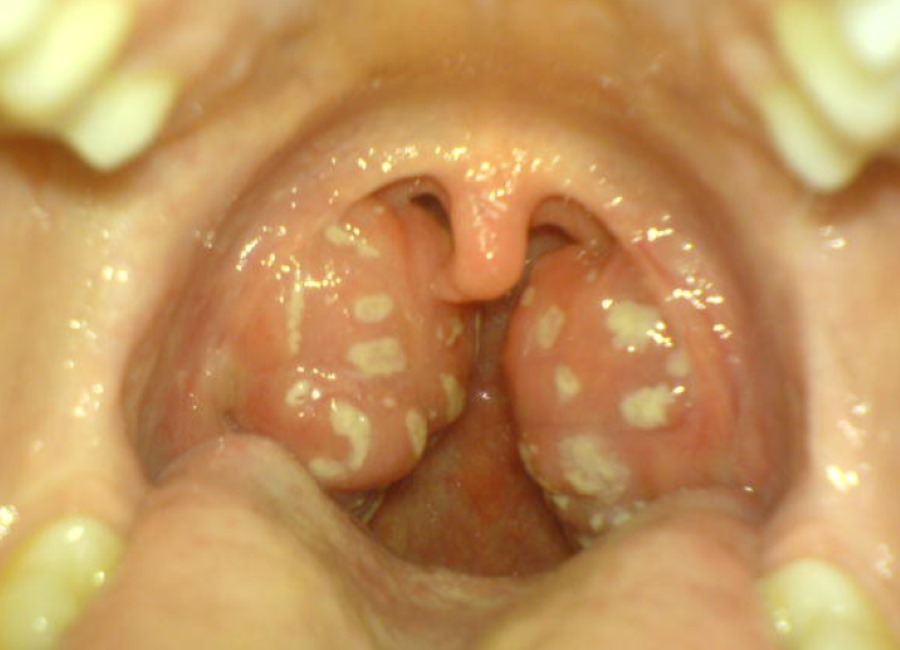
2. Viral
- Common Cold
A cold is an illness of the upper respiratory tract caused by several viruses, such as rhinovirus, which has symptoms like a sore throat, running nose, and mild temperatures. It is self-limiting, with all measures geared towards the alleviation.
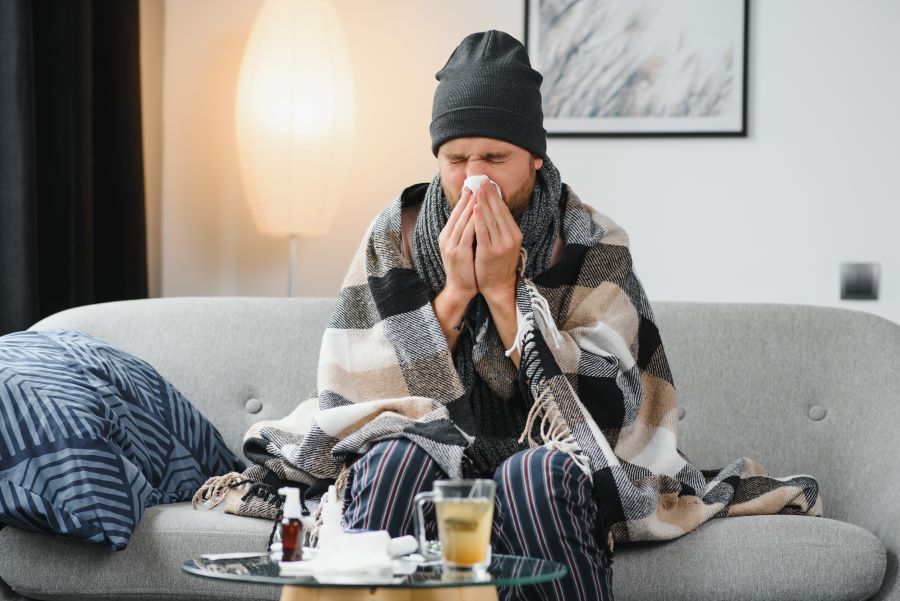
Influenza (Flu)
The flu is defined as the infection of an individual through a virus that cannot be avoided. This illness causes a sudden high body temperature, a fever, sore throat, body pains, and weakness.
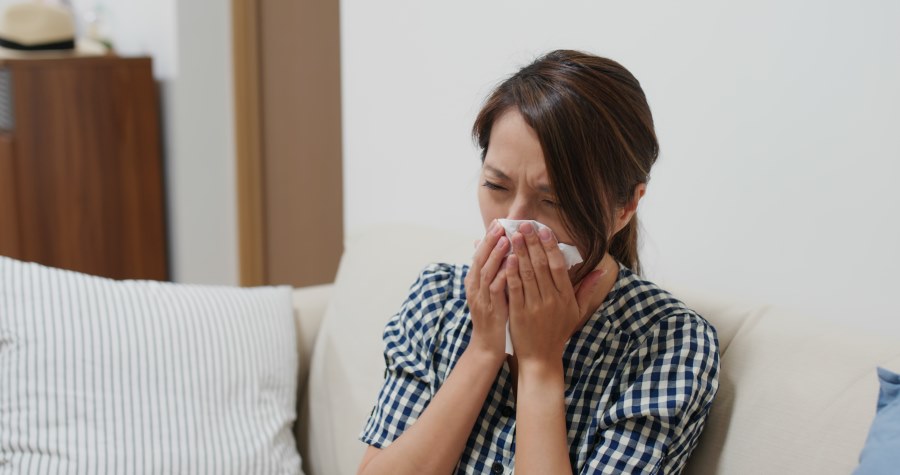
Mononucleosis (Mono)
A known cause of this disease, infectious mononucleosis, led to the formation of Epstein-Barr, which is one of the herpes viruses and is known to be an infectious cause. It lasts for weeks due to many circumstances, usually recognizable.
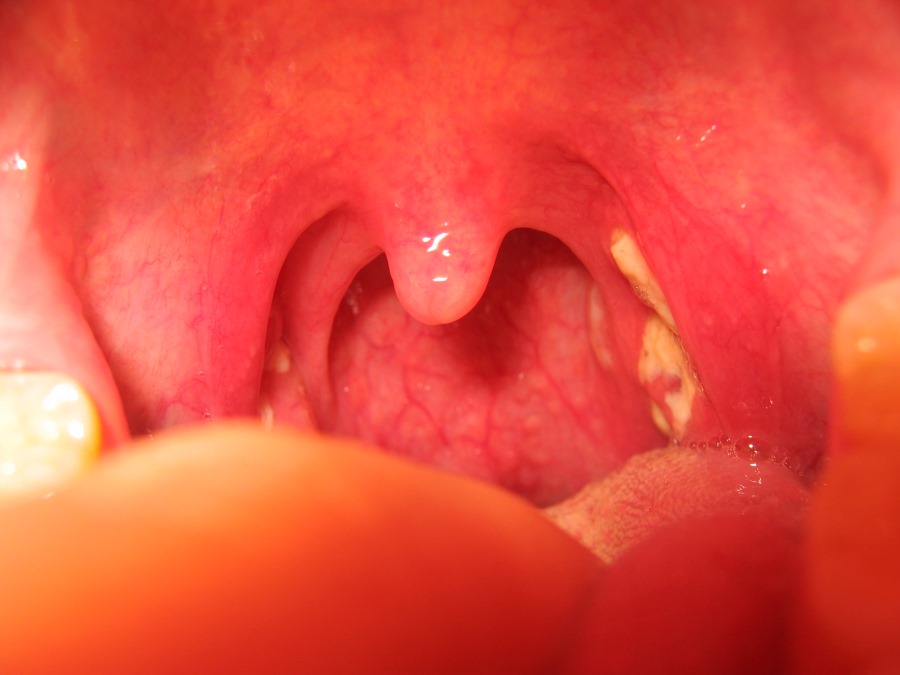
- Herpes Simplex Virus (HSV) Pharyngitis
Pharyngitis is a herpes infection caused by the HSV virus, resulting in complications. Apart from burning and painful sensations in the throat and jaws, sores arise on the lips or inside the mouth.
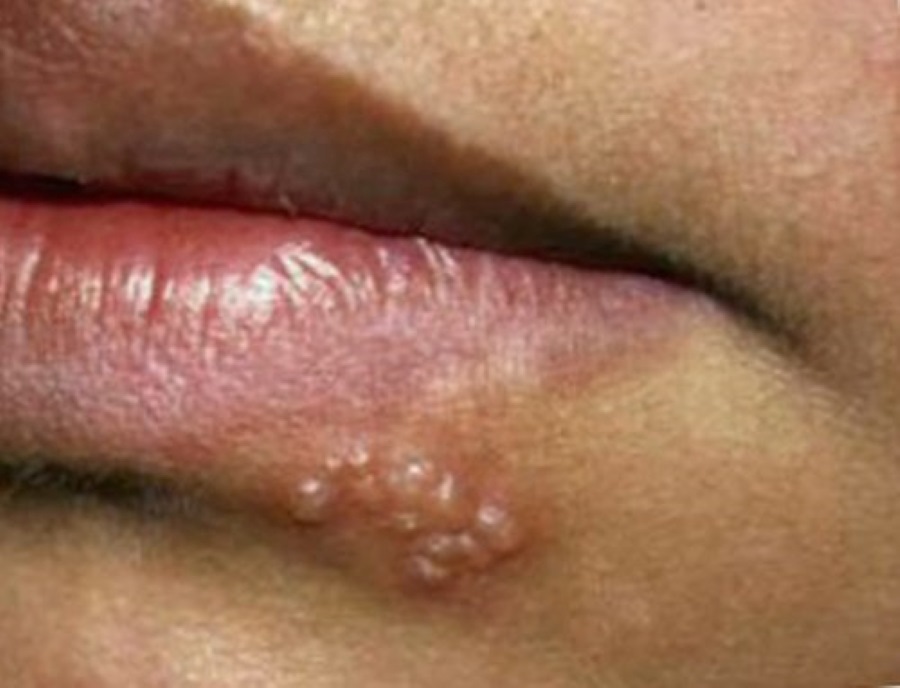
- Cytomegalovirus (CMV) Infection
Most cytomegalovirus (CMV) infection cases are asymptomatic. Like mononucleosis (mono), typical symptoms of CMV infection may include a throat, fever, and lymph node inflammation.
- Adenoviral Pharyngitis
With a sore throat, fever and occasionally conjunctivitis, pharyngitis adenoviral is due to the adenoviruses. Its course is mostly self-limiting, as the mainstay of management is support.
What are the Causes of Throat Allergies?
Viruses and bacterial infections are the primary cause of throat allergies. Streptococcus pyogenes is the most common bacterial infection, whereas a sore throat caused by viruses includes:
Other causes of throat allergies caused by food materials or surroundings include:
What are the Signs and Symptoms of Throat Allergies?
Identifying throat allergies involves understanding their various manifestations. Throat allergy symptoms and signs generally depend on the cause. It includes:
Other signs and symptoms caused due to infections include:
What are the Risk Factors of Throat Allergy?
Anyone can acquire a sore throat due to seasonal changes. Still, some factors make people more susceptible to itchy throats. They are listed below:
- Age Group: Children between the ages of 3 to 15 years are more likely to develop a sore throat due to common bacterial infections.
- Consumption or Exposure to Tobacco Smoke: Apart from a sore throat, smoking increases the risk of cancer of the mouth, throat and voice box.
- Seasonal or Other Ongoing Allergies: Symptoms of dust allergy in the throat, moulds, or pet dander also increase the risk of throat allergies.
- Exposure to Chemical Irritants: Particles from burnt fossil fuels, chemical factories or households can instigate an itchy throat.
- Chronic or Frequent Sinus Infections: A runny or clogged nose can further irritate your throat.
- Infections Transferred From Other Hosts: Gatherings can provoke bacterial or viral infections to move from one host to another.
- Weak Immunity: Individuals with low resistance power are more susceptible to infections. People who suffer from HIV, or diabetes, or are on chemotherapy drugs or a poor diet are liable to suffer from throat allergies.
How to Diagnose Throat Allergies?

Doctors review the symptoms and medical history to diagnose a person. A doctor conducts a physical examination, which comprises the following procedures.
- Uses a torch to check the passage of the throat, ears, and nasal.
- Taps to check for any swollen glands from neck to cheek.
- Uses a stethoscope to check for breathing irregularity, if any.
- In some cases, a simple swab test is done to detect streptococcal bacteria.
- Allergy tests, such as skin prick tests or blood tests, can be done to recognize allergies.
- X-rays or CT scans can be done to assess issues in the throat or sinuses.
How to Treat Throat Allergies?
Various throat allergy treatment methods are available, including some home remedies. Some increase immunity, while others comfort the throat.
How to Get Rid of a Throat Allergy?
Addressing throat issues promptly is crucial for effective relief and avoiding complications. Prevention is better than cure, and you can easily get rid of throat allergies in the following ways:
- Wash your hands thoroughly for 20 seconds.
- Do not touch your face unnecessarily.
- Do not share food, drinks, etc.
- Always cover your mouth while you sneeze or cough.
- Alcohol-based sanitisers are a must every time you touch something or sneeze or cough.
- Regularly clean and disinfect surfaces or things you use.
- Avoid gatherings.
- Hydration is important to keep the throat well; every allergy should be washed out by drinking plenty of fluids.
- In many cases, especially when the allergy is concerned, the use of a mask can be helpful to those who are exposed to allergens and control the allergic symptoms.
- Both smoking and exposure to second-hand smoke should be avoided since they can worsen throat allergies.
- Self-medication can provide relief from symptoms but is not encouraged, and expert consultation is best.
Anybody can be diagnosed with a throat allergy regardless of age. Seasonal changes, viral or bacterial infections are among the most common causes of itchy throat allergies. The symptoms are pretty annoying but once identified, avoid contact with others. Reach out to your doctor and take the necessary steps to prevent further spread. Otherwise, it can lead to various other complications.
Protect What Matters - Explore Other Insurance Options














